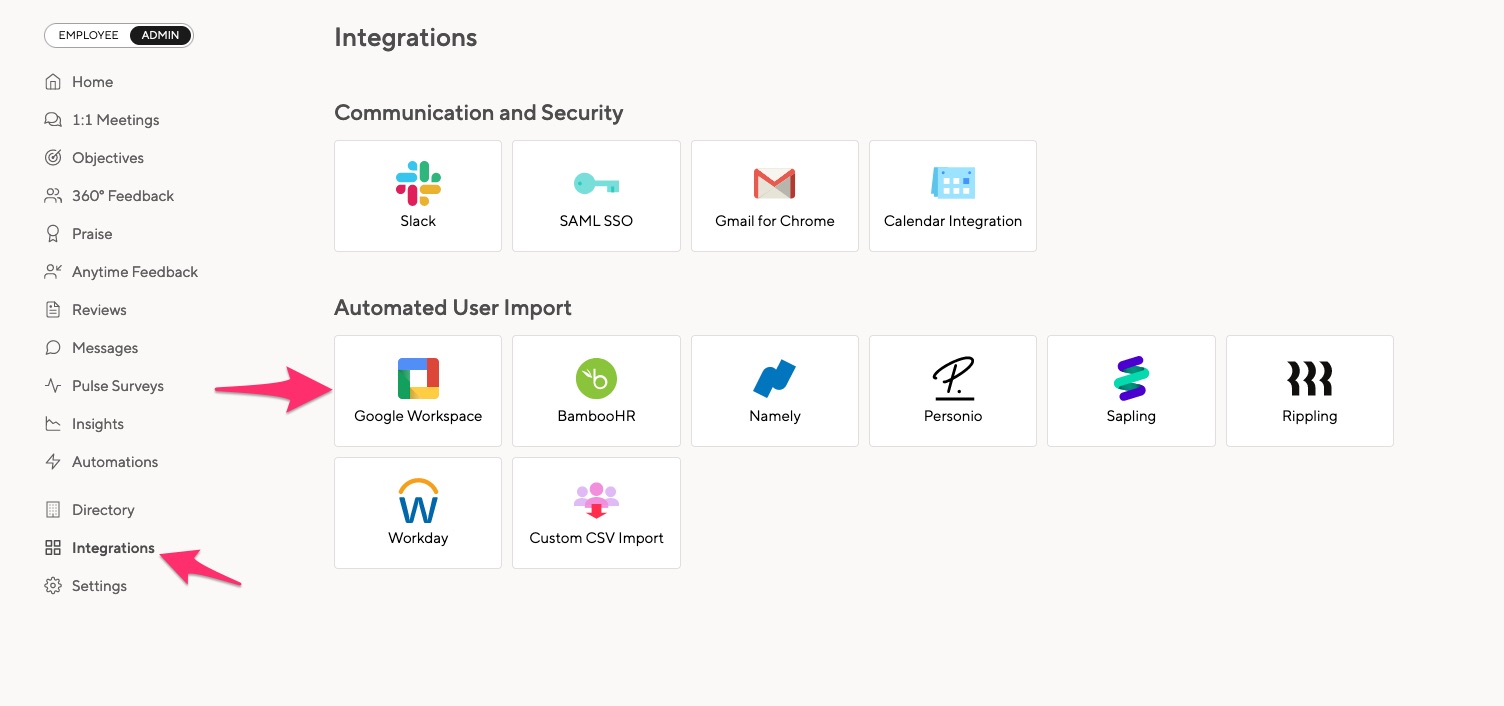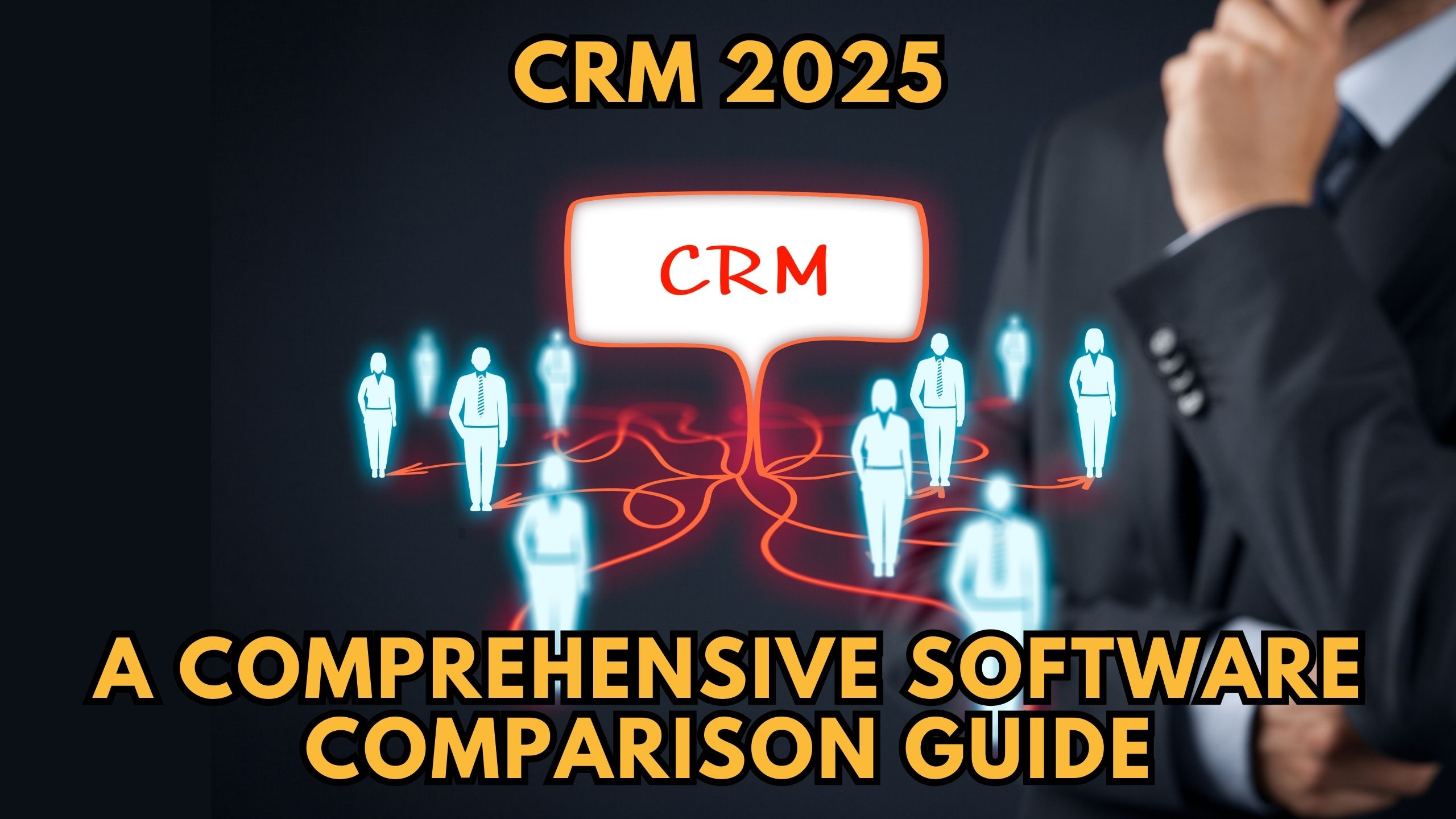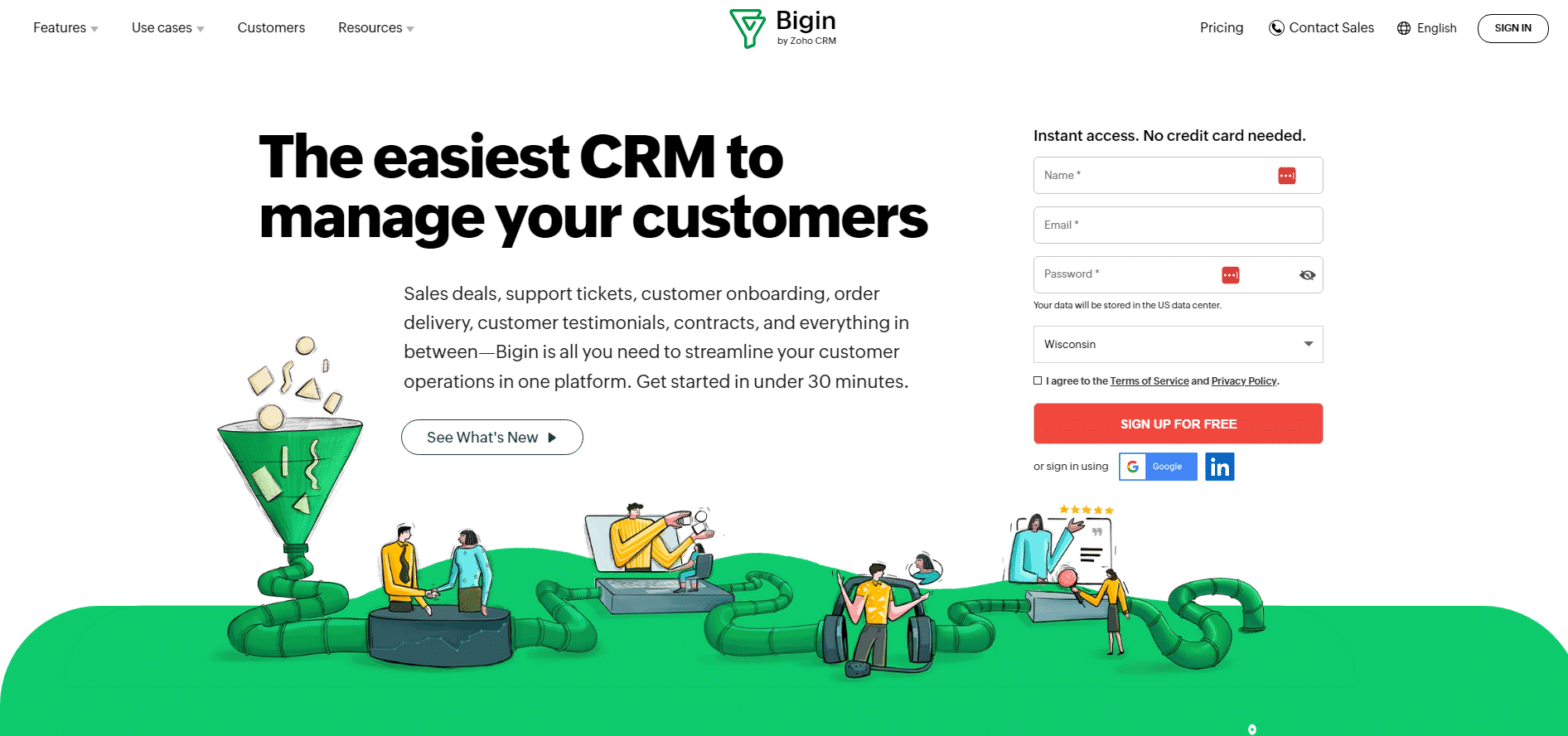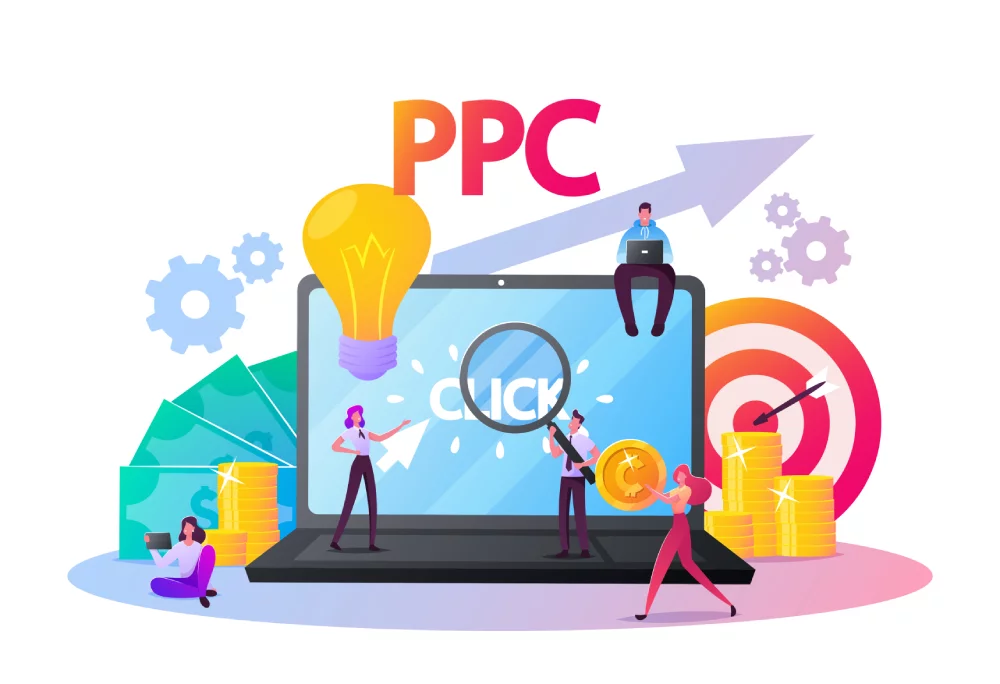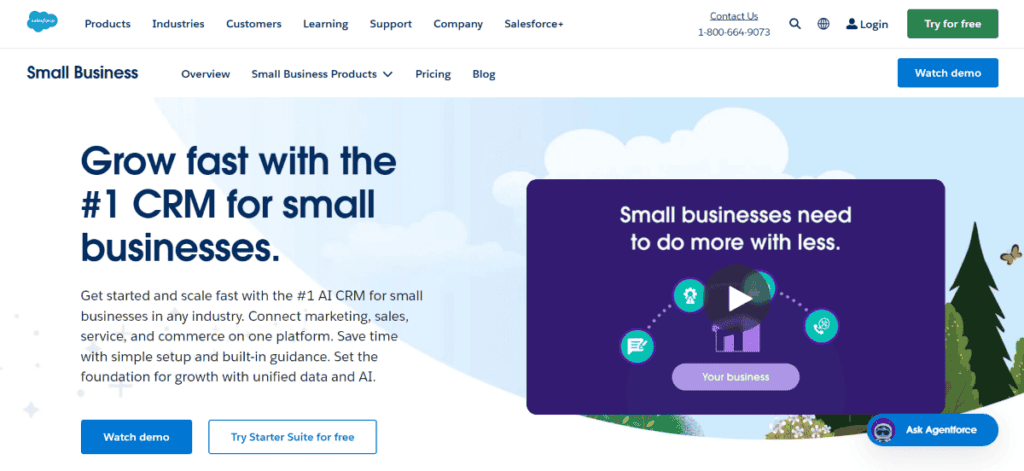CRM Marketing Strategy 2025: Revolutionizing Customer Relationships for Unprecedented Growth
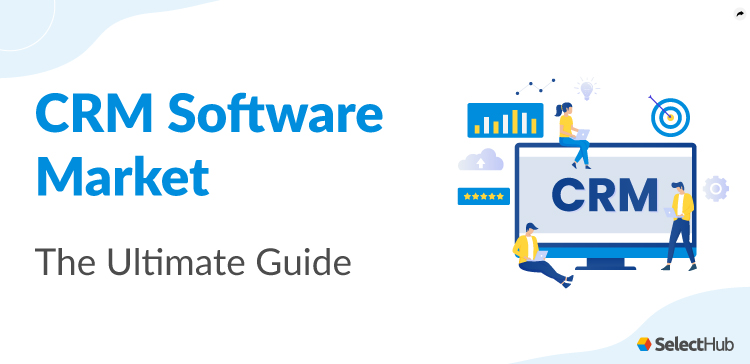
CRM Marketing Strategy 2025: Navigating the Future of Customer Engagement
The landscape of marketing is in constant flux, and by 2025, the way businesses interact with their customers will be dramatically reshaped. At the heart of this transformation lies Customer Relationship Management (CRM) – a strategy, a philosophy, and a technology that puts the customer at the center of everything. This article delves deep into the CRM marketing strategies that will be pivotal in 2025, exploring how businesses can leverage data, technology, and a customer-centric approach to foster lasting relationships and drive exceptional growth.
Understanding the Core of CRM Marketing
Before we dive into the specifics of 2025, let’s revisit the fundamentals. CRM marketing is more than just software; it’s a holistic approach that encompasses all interactions a business has with its customers. It involves collecting, analyzing, and utilizing customer data to personalize experiences, improve communication, and build loyalty. The ultimate goal? To turn one-time buyers into lifelong advocates.
The key components of a robust CRM marketing strategy include:
- Data Collection and Management: Gathering comprehensive customer data from various touchpoints (website, social media, email, etc.) and organizing it in a centralized system.
- Customer Segmentation: Dividing customers into distinct groups based on demographics, behavior, purchase history, and other relevant criteria.
- Personalized Communication: Tailoring marketing messages, offers, and content to resonate with individual customer segments.
- Automation: Streamlining marketing processes, such as email campaigns, lead nurturing, and social media posting, to improve efficiency.
- Analytics and Reporting: Tracking key performance indicators (KPIs) to measure the effectiveness of CRM marketing efforts and make data-driven decisions.
The Technological Revolution: CRM in 2025
The technological advancements shaping CRM marketing in 2025 are nothing short of revolutionary. Several key technologies will play a pivotal role:
Artificial Intelligence (AI) and Machine Learning (ML)
AI and ML will become integral to CRM systems. They’ll enable businesses to:
- Predict Customer Behavior: Analyze vast amounts of data to forecast future customer actions, such as purchase decisions and churn risk.
- Automate Personalization: Dynamically tailor content and offers based on individual customer preferences and real-time behavior.
- Improve Customer Service: Deploy AI-powered chatbots and virtual assistants to provide instant and personalized support.
- Optimize Marketing Campaigns: Automatically adjust campaigns based on performance data, ensuring maximum impact.
Big Data and Data Analytics
The volume of customer data will continue to explode. Businesses will need sophisticated data analytics tools to:
- Gain Deeper Insights: Uncover hidden patterns and trends in customer behavior.
- Enhance Segmentation: Create more granular customer segments for highly targeted marketing.
- Personalize Experiences: Deliver hyper-personalized content and offers based on individual customer profiles.
Cloud-Based CRM
Cloud-based CRM solutions will become even more prevalent, offering:
- Scalability: Easily adapt to changing business needs and growing customer bases.
- Accessibility: Access customer data and tools from anywhere, at any time.
- Cost-Effectiveness: Reduce IT infrastructure costs and maintenance burdens.
The Rise of Hyper-Personalization
In 2025, generic marketing will be a relic of the past. Hyper-personalization, the practice of tailoring every aspect of the customer experience to individual preferences, will be the norm. This will involve:
- Real-time Data Analysis: Analyzing customer behavior in real-time to deliver relevant content and offers.
- Dynamic Content: Creating content that adapts to individual customer profiles.
- Personalized Recommendations: Suggesting products and services based on individual preferences and purchase history.
Key Strategies for CRM Marketing Success in 2025
To thrive in the CRM marketing landscape of 2025, businesses must adopt a proactive and adaptable approach. Here are some key strategies to consider:
1. Embrace a Customer-Centric Mindset
The customer must be at the heart of every decision. This means:
- Understanding Customer Needs: Conducting thorough market research and gathering customer feedback to identify pain points and preferences.
- Building Empathy: Viewing the business through the customer’s eyes and striving to create positive experiences.
- Prioritizing Customer Satisfaction: Measuring customer satisfaction (e.g., through Net Promoter Score) and taking steps to improve it.
2. Invest in Data Quality and Management
Data is the lifeblood of CRM marketing. Businesses must:
- Implement Robust Data Collection Processes: Capture customer data from all relevant touchpoints.
- Clean and Validate Data: Ensure data accuracy and consistency.
- Secure Data: Protect customer data from breaches and comply with data privacy regulations (e.g., GDPR, CCPA).
3. Leverage AI and Machine Learning
Embrace AI and ML technologies to:
- Automate Tasks: Free up marketing teams to focus on strategic initiatives.
- Personalize Experiences: Deliver tailored content and offers to individual customers.
- Predict Customer Behavior: Anticipate customer needs and proactively address them.
4. Prioritize Omnichannel Marketing
Customers interact with businesses across multiple channels (website, social media, email, phone, etc.). An omnichannel strategy ensures a seamless and consistent experience across all channels. This requires:
- Integrating Channels: Connecting all channels to a centralized CRM system.
- Personalizing Experiences: Tailoring content and offers to the specific channel and customer preferences.
- Providing Seamless Transitions: Allowing customers to seamlessly move between channels without losing context.
5. Focus on Customer Loyalty and Retention
Acquiring new customers is more expensive than retaining existing ones. CRM marketing should prioritize:
- Building Strong Relationships: Foster a sense of community and belonging.
- Providing Exceptional Customer Service: Go above and beyond to meet customer needs.
- Implementing Loyalty Programs: Reward loyal customers with exclusive benefits.
6. Embrace Agile Marketing
The marketing landscape is constantly evolving. Businesses must be agile and adaptable, which means:
- Testing and Experimenting: Continuously test new strategies and tactics.
- Analyzing Results: Track key performance indicators (KPIs) to measure the effectiveness of marketing efforts.
- Iterating and Improving: Make data-driven adjustments to optimize marketing campaigns.
7. Foster a Culture of Collaboration
CRM marketing requires collaboration across departments, including sales, marketing, customer service, and IT. This means:
- Breaking Down Silos: Encourage communication and information sharing between departments.
- Aligning Goals: Ensure that all departments are working towards the same customer-centric goals.
- Training and Development: Provide employees with the skills and knowledge they need to succeed in a CRM-driven environment.
CRM Marketing Tools and Technologies to Watch in 2025
Staying ahead of the curve means keeping an eye on the latest tools and technologies. Here are some key areas to watch:
AI-Powered CRM Platforms
These platforms will offer advanced features such as:
- Predictive Analytics: Forecast customer behavior and identify opportunities.
- Automated Personalization: Deliver tailored experiences at scale.
- Intelligent Chatbots: Provide instant and personalized customer support.
Customer Data Platforms (CDPs)
CDPs will play a crucial role in:
- Unifying Customer Data: Consolidate data from various sources into a single customer profile.
- Enabling Segmentation: Create highly targeted customer segments.
- Powering Personalization: Deliver personalized experiences across all channels.
Marketing Automation Platforms
Automation platforms will continue to evolve, offering:
- Advanced Workflow Automation: Streamline complex marketing processes.
- Cross-Channel Automation: Orchestrate campaigns across multiple channels.
- AI-Driven Optimization: Automatically adjust campaigns based on performance data.
Personalization Engines
These engines will enable businesses to:
- Deliver Dynamic Content: Tailor website content and offers to individual customer profiles.
- Provide Personalized Recommendations: Suggest products and services based on customer preferences.
- Optimize Customer Journeys: Guide customers through personalized buying experiences.
Measuring the Success of Your CRM Marketing Strategy
A robust CRM marketing strategy requires careful measurement and analysis. Key performance indicators (KPIs) to track include:
- Customer Acquisition Cost (CAC): The cost of acquiring a new customer.
- Customer Lifetime Value (CLTV): The predicted revenue a customer will generate over their lifetime.
- Customer Retention Rate: The percentage of customers who remain loyal over a specific period.
- Churn Rate: The percentage of customers who stop doing business with the company.
- Conversion Rates: The percentage of customers who complete a desired action (e.g., making a purchase).
- Website Traffic and Engagement: Track website visits, bounce rates, and time spent on site.
- Social Media Engagement: Monitor likes, shares, comments, and followers.
- Email Open and Click-Through Rates: Measure the effectiveness of email campaigns.
Regularly analyze these KPIs to identify areas for improvement and ensure that your CRM marketing efforts are delivering the desired results. Use these insights to refine your strategy and optimize your campaigns for maximum impact.
Challenges and Opportunities in CRM Marketing 2025
While the future of CRM marketing is filled with exciting opportunities, it also presents some challenges:
Challenges
- Data Privacy Concerns: Protecting customer data and complying with data privacy regulations will be paramount.
- Data Security Threats: Businesses must invest in robust security measures to prevent data breaches.
- Integration Complexity: Integrating various CRM tools and technologies can be challenging.
- Talent Gap: Finding and retaining skilled CRM professionals will be crucial.
Opportunities
- Increased Customer Loyalty: Personalized experiences and exceptional customer service can foster strong customer loyalty.
- Enhanced Customer Satisfaction: Meeting customer needs and exceeding expectations can drive satisfaction.
- Improved Sales and Revenue: Targeted marketing campaigns and personalized offers can boost sales.
- Greater Efficiency: Automation and streamlined processes can improve efficiency and reduce costs.
Conclusion: Embracing the Future of CRM Marketing
The year 2025 will mark a pivotal moment in the evolution of CRM marketing. Businesses that embrace a customer-centric mindset, leverage cutting-edge technologies, and prioritize data-driven decision-making will be best positioned to thrive. By understanding the trends, adopting the right strategies, and continuously adapting to the changing landscape, companies can build strong customer relationships, drive sustainable growth, and achieve lasting success. The future of marketing is all about the customer, and CRM marketing is the key to unlocking that future.
Remember, the journey to CRM marketing success is an ongoing process. Stay informed, be proactive, and never stop striving to understand and serve your customers better. The rewards – increased loyalty, improved sales, and a thriving business – are well worth the effort.

